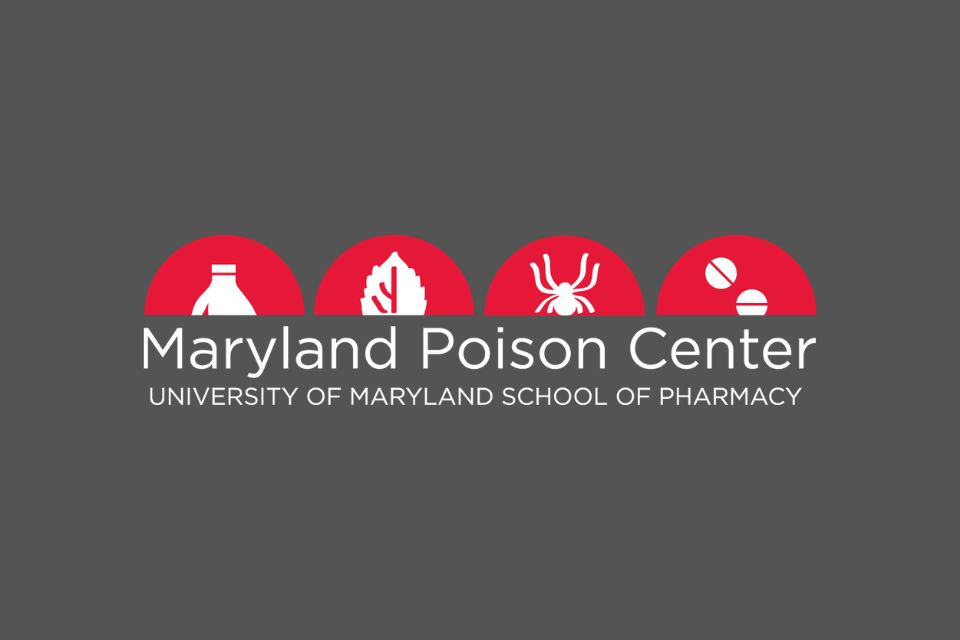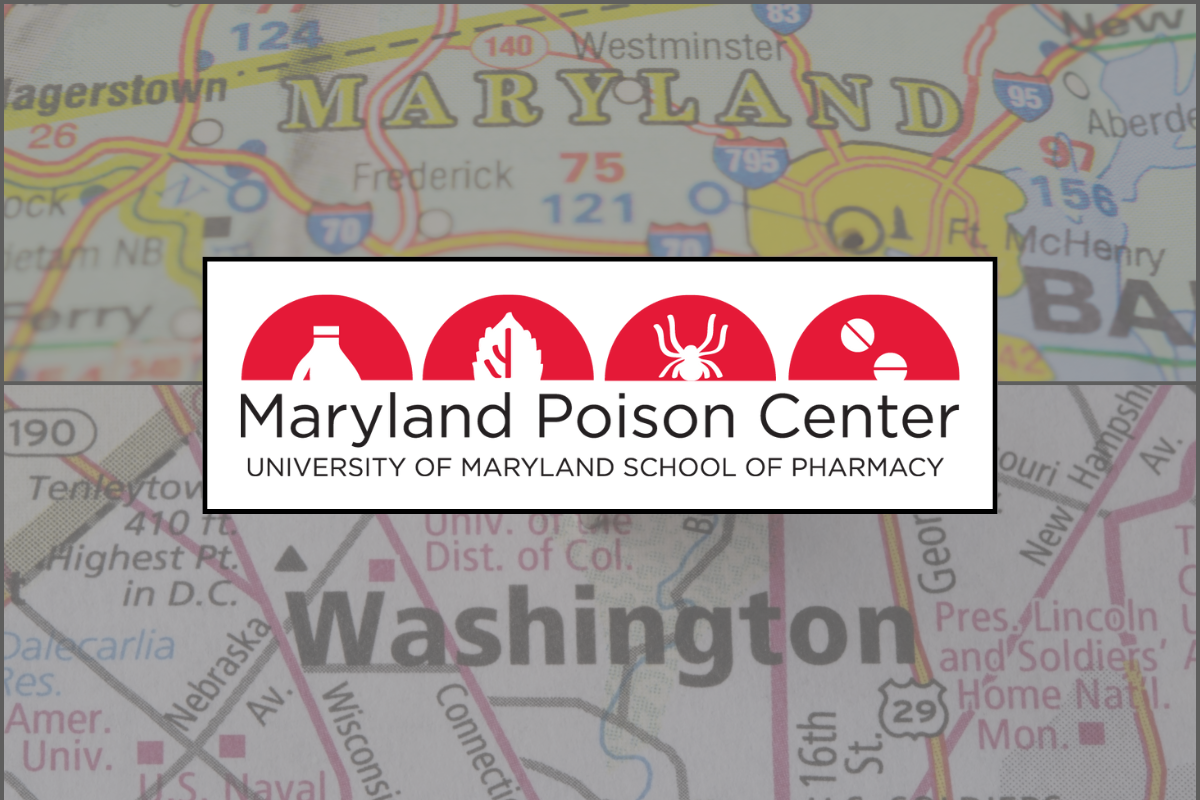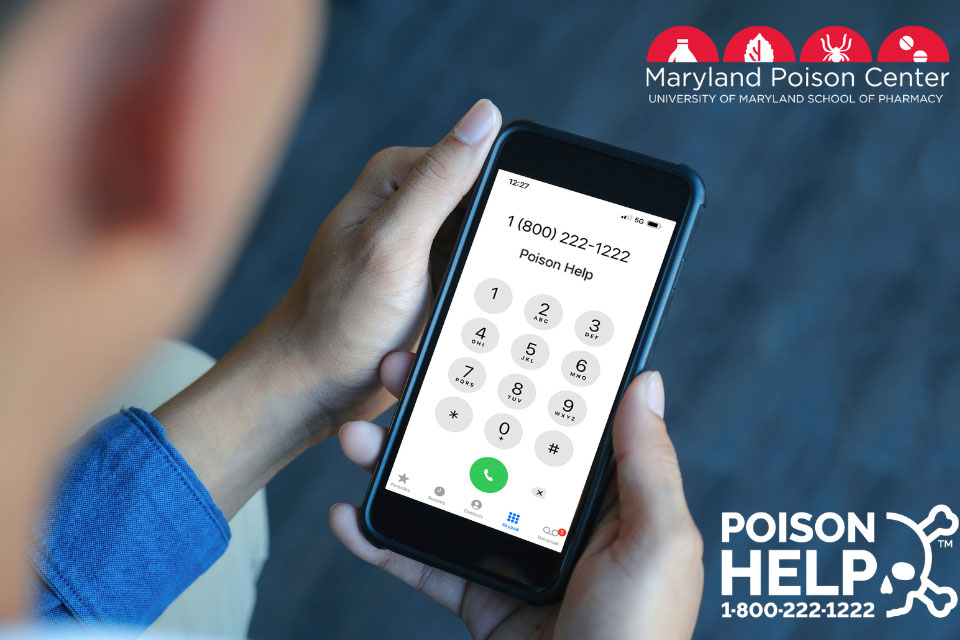Seasonal Poison Prevention Tips from the Maryland Poison Center
The holiday season brings multitude of poisoning opportunities for young children, toddlers and adults.
By Steve Berberich
December 12, 2008
Because of holiday meals and seasonal office parties, a major concern this time of year is food poisoning. The Maryland Poison Center (MPC) at the University of Maryland School of Pharmacy has several tips to help prevent accidental poisoning during the holiday season.
Bruce Anderson, PharmD, ABAT, an associate professor of pharmacy practice and science and director of the MPC, says, “It really begins with good preparation practices. Make sure you wash your hands, and, if you are working with your kids, make sure they wash up first. When a lot of people think of food poisoning, they think of what they ate last that caused them to be sick. That’s not always the case. If it is a bacterial food poisoning, it may take several days to develop.”
He continues, “If you are doing the holiday turkey, for example, make sure you defrost it properly and don’t just leave it out on the counter. Wash it out really well. Be sure to remove the giblets and remember to put the stuffing in loosely.”
“When you have alcoholic drinks at a party, be careful when those drinks are left out and children can get to them,” says Anderson.
Food Safety Tips
* Wash hands and counter tops before preparing food.
* Store food at proper temperatures. Meat, poultry, seafood, dairy products, eggs, and cooked vegetables cannot be left out above 40 degrees Fahrenheit.
* Wash cutting boards, utensils, dishes, and your hands with hot, soapy water if they have been in contact with raw meat, poultry or seafood.
* Use a meat thermometer to be sure your bird or other foods have been cooked safely. Turkey is done when it reaches an internal temperature of 180 degrees Fahrenheit.
* Leftovers should be reheated thoroughly to a temperature of 165 degrees Fahrenheit.
Anderson says, “During the busy holiday season, take a few minutes to poison-proof your home. This is the time of year that your daily household routine becomes disrupted, and you aren’t always able to be as careful as you’d like.
Poison-proofing is imperative if young children live in the home or are paying a visit. Also think of the dangers to small pets.”
Poison Safety Tips
* Carbon monoxide detectors are available to protect a household against carbon monoxide, a deadly gas that is odorless and colorless.
* Check warning cards for poisonous plants such as holly and mistletoe.
* Keep antifreeze out of the reach of children and pets. Although antifreeze is an important part of winter vehicle maintenance, accidental consumption of antifreeze in even small amounts can lead to severe poisoning and death.
* Make sure that small ornamental lights and small tree ornaments are out of the reach of infants and toddlers. Check warning labels that come with these products.
The Maryland Poison Center, a service of the School of Pharmacy, encourages families across the state to be aware of poison hazards.
The MPC is certified by the American Association of Poison Control Centers as a regional poison center providing poisoning triage, treatment, education, and prevention services to all Marylanders. This service is staffed by pharmacists and nurses, who have specialized clinical toxicology training, 24 hours a day, every day of the year.
Call the Maryland Poison Center at 1-800-222-1222 if poisoning is suspected. Visit www.mdpoison.com for more information.



